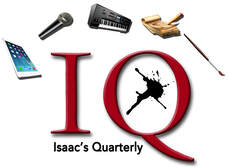|
The workshop and screening event led by Multidisciplinary Visual Artist and Journalist Isaac I. Scott on Saturday, March 23, offered a transformative exploration of arts engagement for justice and economic empowerment. Attendees engaged in an immersive experience that transcended traditional boundaries, delving into evidence-based interventions and innovative approaches for fostering justice and economic empowerment through art. Scott's expertise in leading arts sessions and his emphasis on listening, avoiding retraumatization, and decompression activities resonated deeply with participants, highlighting the power of arts in carceral settings. The screening of BEFORE TIME / AFTER TIME further showcased the transformative potential of art, as formerly incarcerated individuals shared poignant poetry and letters grappling with their pasts. Through art, they confronted their mistakes, asked for forgiveness, and revealed their humanity, challenging traditional narratives of irredeemability. As attendees reflected on envisioning a world without jails, prisons, or punishment, they were reminded of the power of art to transcend physical and mental confines, inspiring dreams of a more compassionate and equitable future. THE CORNELL DAILY SUN: |
EDITOR IN CHIEFISAAC I. SCOTT, Archives
May 2024
Categories |
|
© 2020 Isaac's Quarterly LLC. The images, pictures, and videos on this website are copyrighted and may not be downloaded or reproduced. These materials may be used only for Educational Purposes. They include extracts of copyright works copied under copyright licences. You may not copy or distribute any part of this material to any other person. Where the material is provided to you in electronic format you may download or print from it for your own use, but not for redistribution. You may not download or make a further copy for any other purpose. Failure to comply with the terms of this warning may expose you to legal action for copyright infringement and/or disciplinary action by Isaac's Quarterly LLC.
|
|
|
Follow Isaac's Quarterly on Social Media
|
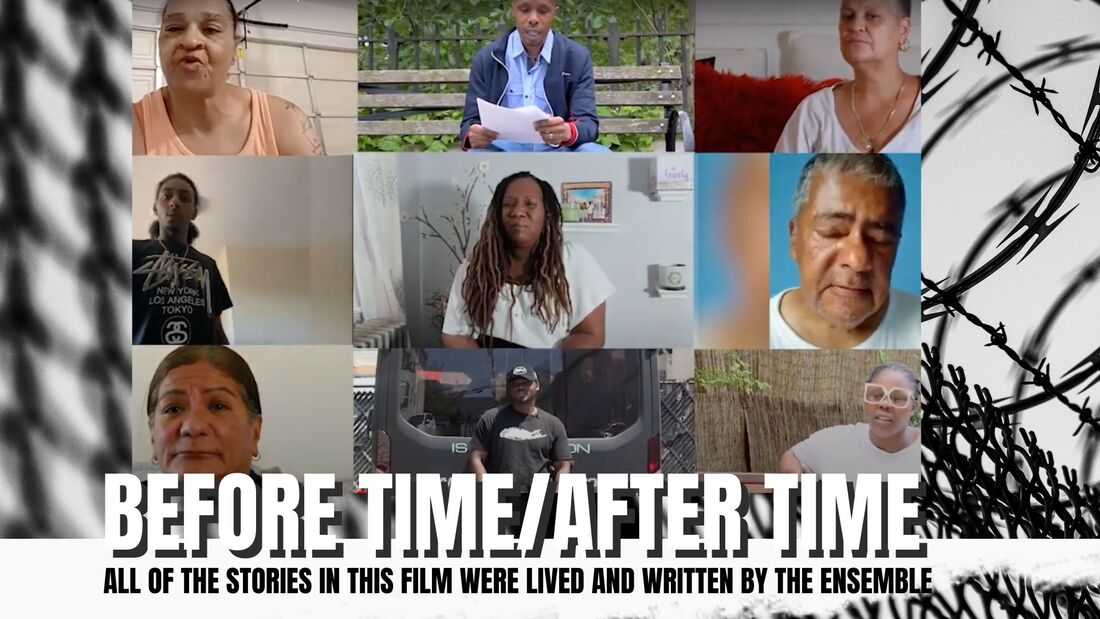




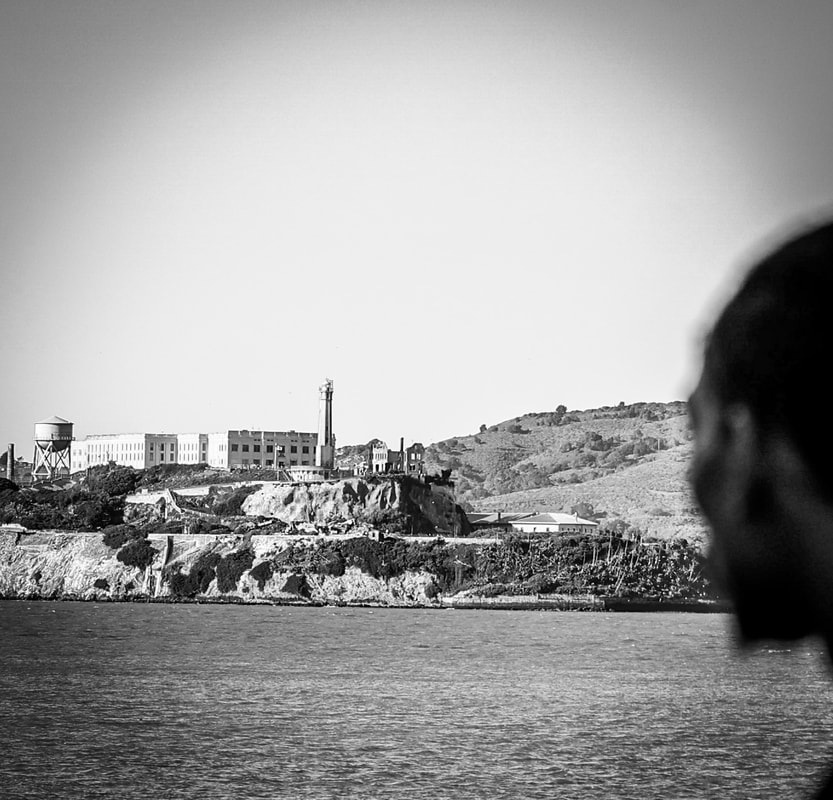
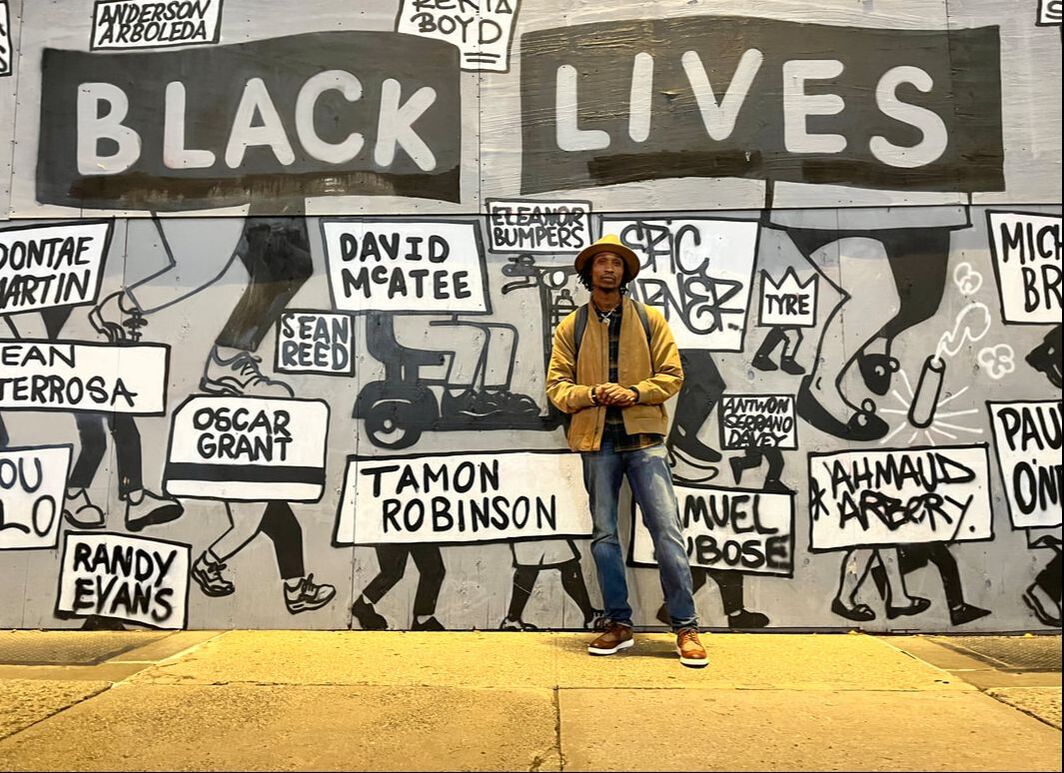
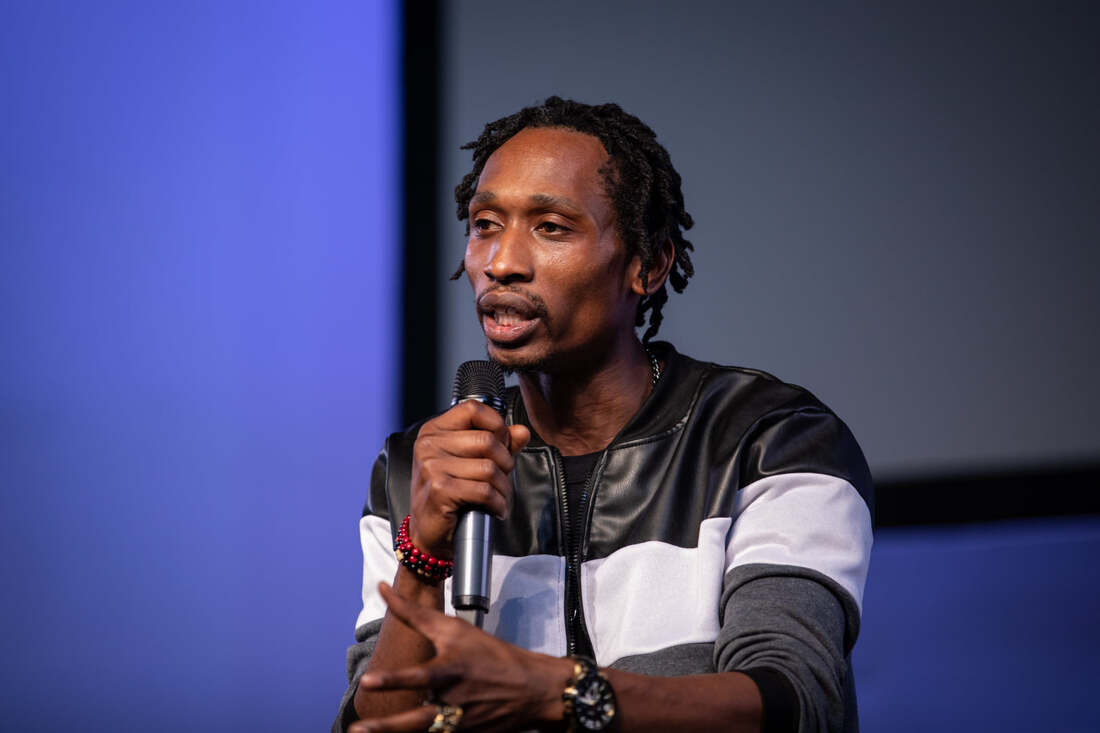
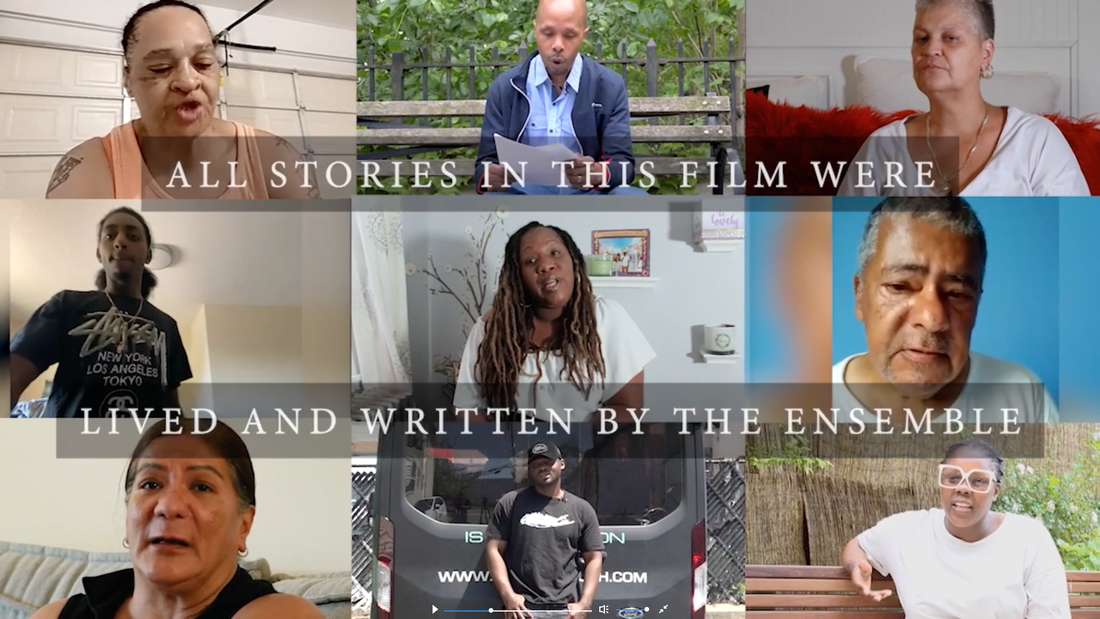
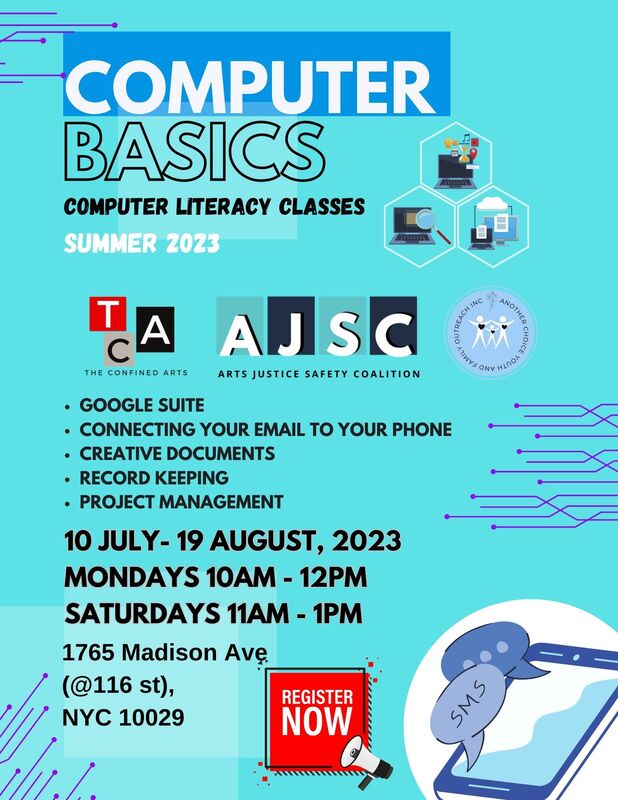
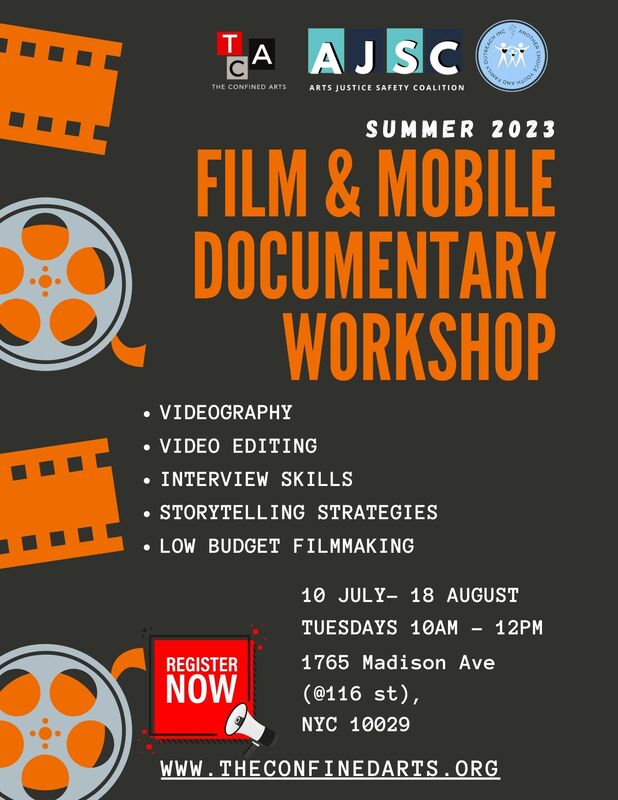
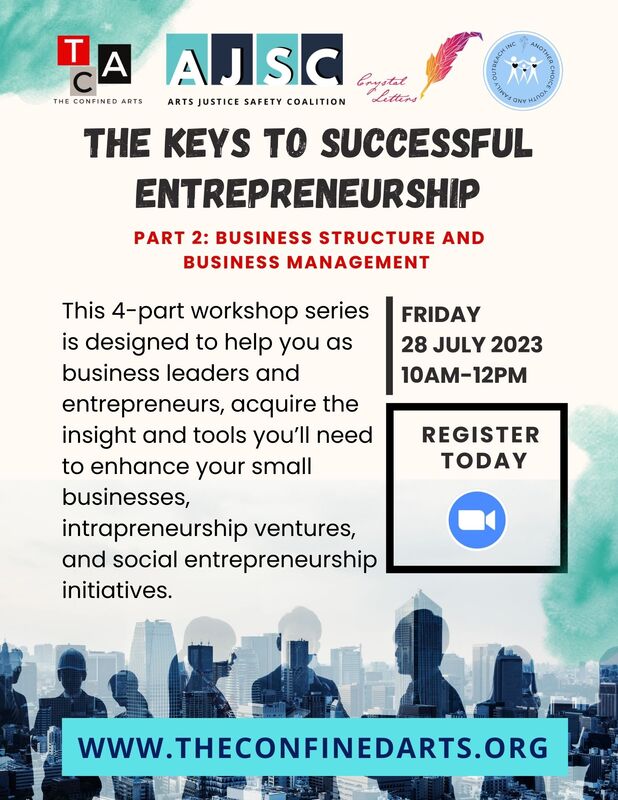
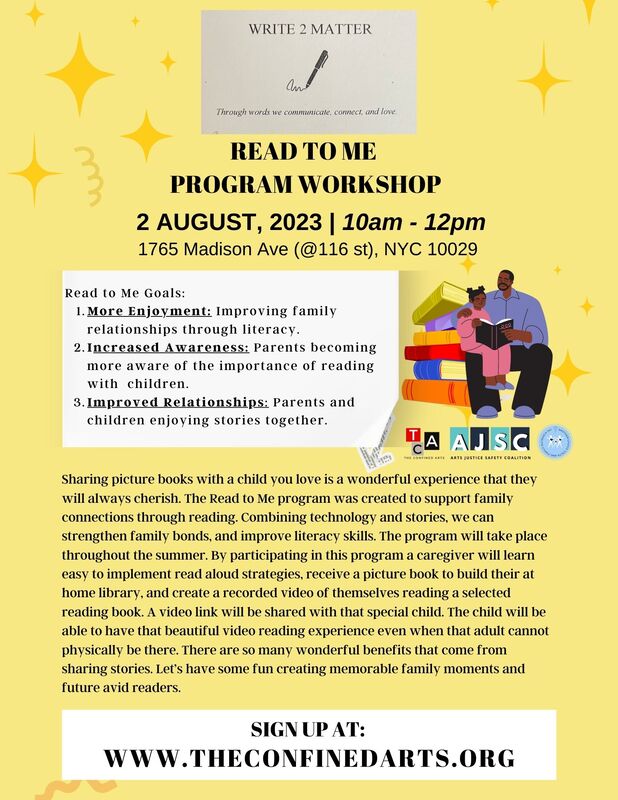
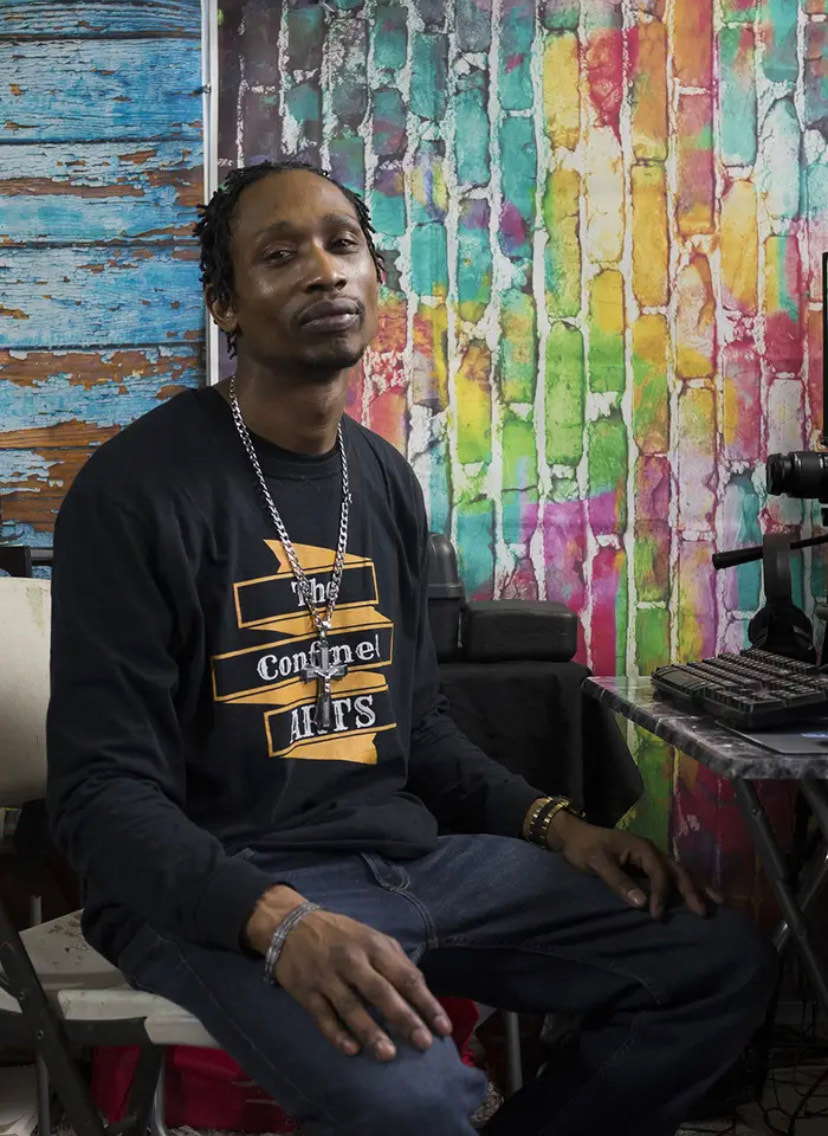
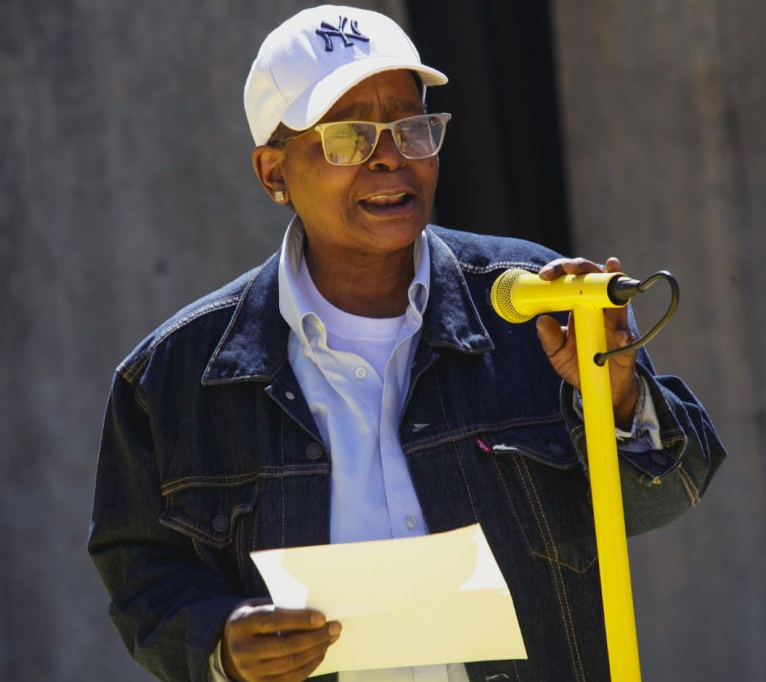
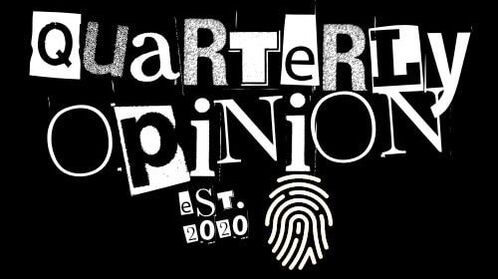
 RSS Feed
RSS Feed
